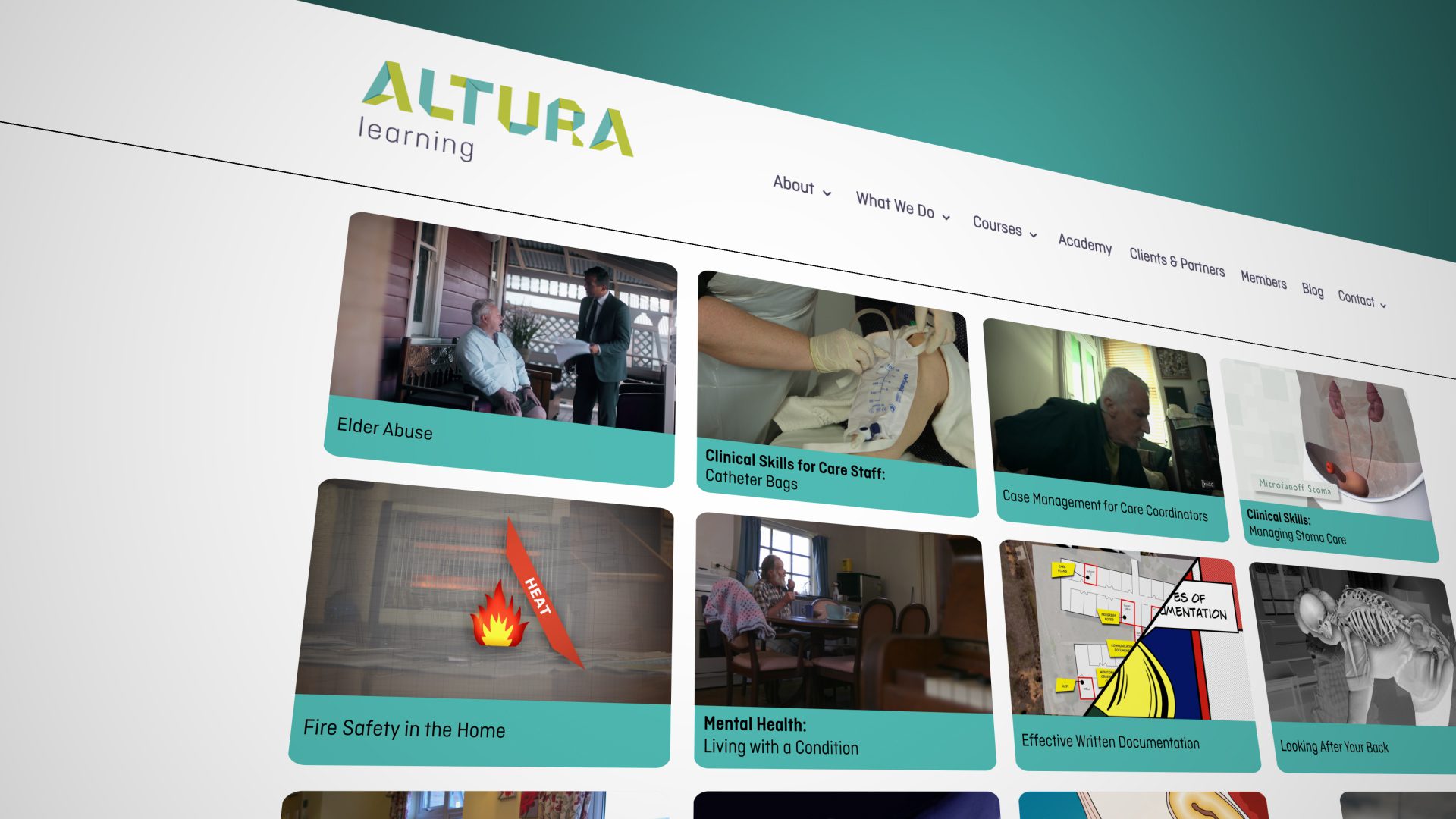Altura Blog
World Health Day: 7th April 2021
April 3, 2021The 7th April 2021 marks World Health Day. This year’s…
The 7th April 2021 marks World Health Day. This year’s…
The 3rd March 2021 marks World Hearing Day 2021. This…
Technology can enable us to deliver on many of the…
Digital Leadership in Social Care Programme The National Care Forum…
Did you know that dementia is not a disease in…
Our essential assessment is generally comprised of 15 questions. Usually they are true or false, multiple choice, fill the gap, or if the course allows, sorting/sequencing questions. The questions reflect the content of the video and are designed to ascertain if the learner has understood the content presented in the video.

Every set of Coordinator resources includes a training game that…

Bridge has a handy feature which allows Learning Coordinators to…
When you’re working in the home care setting as a care/support worker, you may be the only person who sees a client on a regular basis. It’s expected that older people will have changes in their care or support requirements as they age or as their condition deteriorates so, as a home care worker, you are in the perfect position to recognise and act on these changes to ensure the person is supported appropriately.
Technology can enable us to deliver on many of the…
We are excited to announce the new strategic partnership between…
As learning and development professionals we know that there are a variety of ways that adults learn and there are a multitude of learning theories to support this.